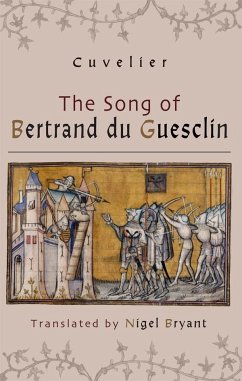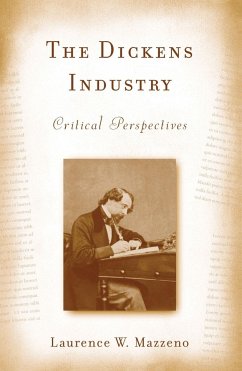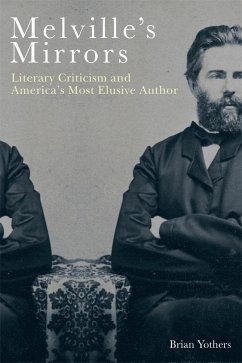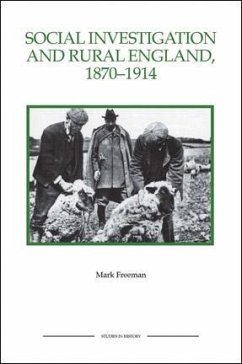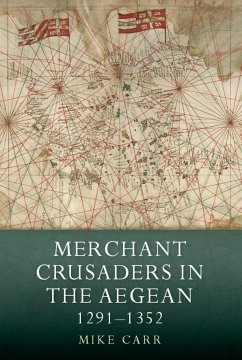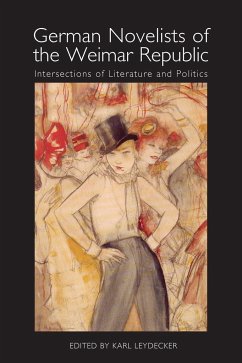
The Vikings and the Victorians
Inventing the Old North in Nineteenth-Century Britain
Versandkostenfrei!
Versandfertig in 1-2 Wochen
45,99 €
inkl. MwSt.

PAYBACK Punkte
23 °P sammeln!
The first book-length treatment of C19 fascination with Norse heroes. This is the first book-length treatment of the Victorians' fascination with the old north. It explores the ways in which the terms 'Viking' and 'Viking Age', both unknown in 1800, were invented, explored and popularised during thenineteenth century. The material examined - published and unpublished - includes novels, poems, plays, lectures, reviews, secondary school textbooks, saga-stead travelogues, private correspondence, art and music, as well as dictionaries, grammars and scholarly editions of eddas and sagas. In the cas...
The first book-length treatment of C19 fascination with Norse heroes. This is the first book-length treatment of the Victorians' fascination with the old north. It explores the ways in which the terms 'Viking' and 'Viking Age', both unknown in 1800, were invented, explored and popularised during thenineteenth century. The material examined - published and unpublished - includes novels, poems, plays, lectures, reviews, secondary school textbooks, saga-stead travelogues, private correspondence, art and music, as well as dictionaries, grammars and scholarly editions of eddas and sagas. In the cast of characters Sir Walter Scott, William Morris, Edward Elgar and Rudyard Kipling appear alongside long-forgotten amateur enthusiasts from Lerwick to the Isleof Wight. We follow the pursuit of Viking-related archaeology, dialectology, folklore, philology, runology and mythology. We see the old north used to legitimise many concepts and causes - from buccaneering mercantilism and imperial expansion to jury trial and women's rights. In drawing this wide range of materials together, Andrew Wawn presents a comprehensive and colourful account of the construction and translation of the Viking Age in Queen Victoria'sBritain. ANDREW WAWN is Professor of Anglo-Icelandic Studies at the University of Leeds.





